简体中文
繁體中文
English
Pусский
日本語
ภาษาไทย
Tiếng Việt
Bahasa Indonesia
Español
हिन्दी
Filippiiniläinen
Français
Deutsch
Português
Türkçe
한국어
العربية
Understanding Forex Spreads: Types, Calculations & Their Impact on Your Trades
Abstract:Do you know the reason for a variation in cost when executing a forex trade? Why do costs rise sometimes or remain manageable at other times? It’s due to the difference in forex spreads charged by the broker. So, what is spread in forex? It is simply the difference between the selling and purchase price of a currency pair. The difference, measured in forex pips, is a vital factor impacting trading costs and potential gains.
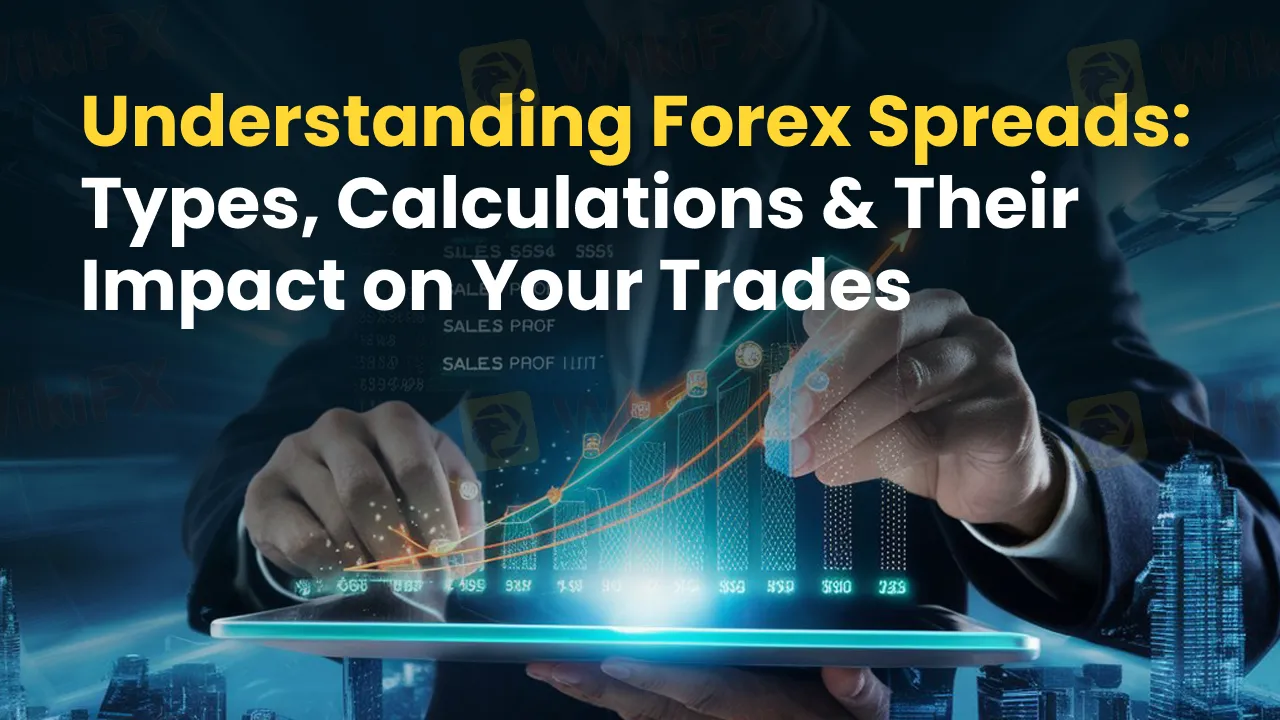
Do you know the reason for a variation in cost when executing a forex trade? Why do costs rise sometimes or remain manageable at other times? It is due to the difference in forex spreads charged by the broker. So, what is spread in forex? It is simply the difference between the selling and purchase price of a currency pair. The difference, measured in forex pips, is a vital factor impacting trading costs and potential gains.
Types of Forex Spreads
After a brief on what is spread in forex, lets discuss the types of spreads that influence your trading. There are basically two types of forex spreads - Constant and Variable.
As the name suggests, a constant spread remains the same irrespective of market conditions. So, as a trader, you get a sense of predictability in your trading costs as the difference between selling (ask) and purchasing (bid) prices remains consistent over time.
Variable spread, on the other hand, changes based on several factors, including liquidity, market volatility, economic indicators, and supply-demand dynamics. The change in bid and ask prices for currency pairs, due to varying market conditions, increases or lowers the spread accordingly.
Amid a highly volatile market or low liquidity, the spread amplifies, resulting in more expensive trades. As the market remains stable with enhanced liquidity, the spread lowers, and so do your trading costs.
Traders must analyze these spread types that significantly impact the expenses incurred on executing forex trades.
Exploring the Merits and Demerits of Constant and Variable Spreads
Both constant and variable spreads have certain merits and demerits. We have provided all of them below.
Merits of Constant Spread
- Predictable Trading Costs
- Fewer Capital Needs
- Calming influence in a volatile market
Demerits of Constant Spread
- The risk of requotes
- Slippage risks
Merits of Variable Spread
- No requote risks
Demerits of Variable Spread
- Higher spreads in the case of high market volatility
- Slippage risks
Who Will Prefer the Constant Spread More?
Novice traders will enjoy constant spread more since trading costs remain predictable with this.
Who Will Prefer the Variable Spread More?
Experienced traders will likely prefer a variable spread because they know how to maximize market volatility.
Spread Measurement
Spread is measured using the last decimal place on the currency pair price quote (equivalent to 0.0001) and forex pip, a small unit of change in the currency pairs price. It differs in the case of Japanese Yen. Here, the pip represents the second decimal place (0.01). A larger spread means a widening gap between the two prices, resulting in high volatility and reduced liquidity. A smaller spread, on the other hand, indicates a market with less volatility and improved liquidity.
Forex Spread Calculation
The spread is calculated based on the most recent large buy and sell prices within a price quote. When trading foreign exchange or any other asset using a spread betting or CFD trading account, you need to pay the entire spread upfront. As opposed to when trading share CFDs, the commission remains payable when you open and close positions. With a tighter spread, you get better value as a trader.
Spread Trading Example
In the GBP/USD currency pair, the ask and bid prices remain 1.26479 and 1.26739. If we subtract the two, we find 0.0001. As the spread remains the price quotes final large number, it is 1.0 in this case.
Wrapping Up
We hope you have got answers to - what is spread in forex and its implications for your overall trade. Understanding the concept is critical to navigating the dynamic forex landscape without unpleasant surprises. Be aware that the trading cost goes a long way in assuring you of a potentially profitable trade. For more insightful forex updates, follow WikiFX - The one-stop destination for forex broker regulation inquiry.
Weve got WikiFX Masterminds - where you know the latest about forex.
Join us with these simple steps -
1. Scan the QR code placed right at the bottom.
2. Install the WikiFX Pro app.
3. Afterward, tap the ‘Scan’ icon placed at the top right corner
4. Scan the code again.
5. Congratulations, you have joined the community.
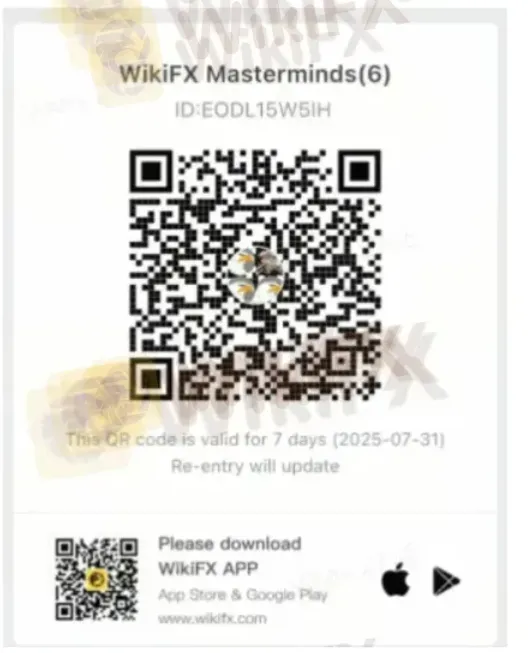
Disclaimer:
The views in this article only represent the author's personal views, and do not constitute investment advice on this platform. This platform does not guarantee the accuracy, completeness and timeliness of the information in the article, and will not be liable for any loss caused by the use of or reliance on the information in the article.
Read more

Fraud Alert: Don’t Trust These Firms, SC Malaysia Warns
Investors, Pay Attention! This is a serious warning from the Securities Commission Malaysia against 5 scam brokers operating in the forex market without a legal license. Here is the list of 5 fake brokers you must avoid.
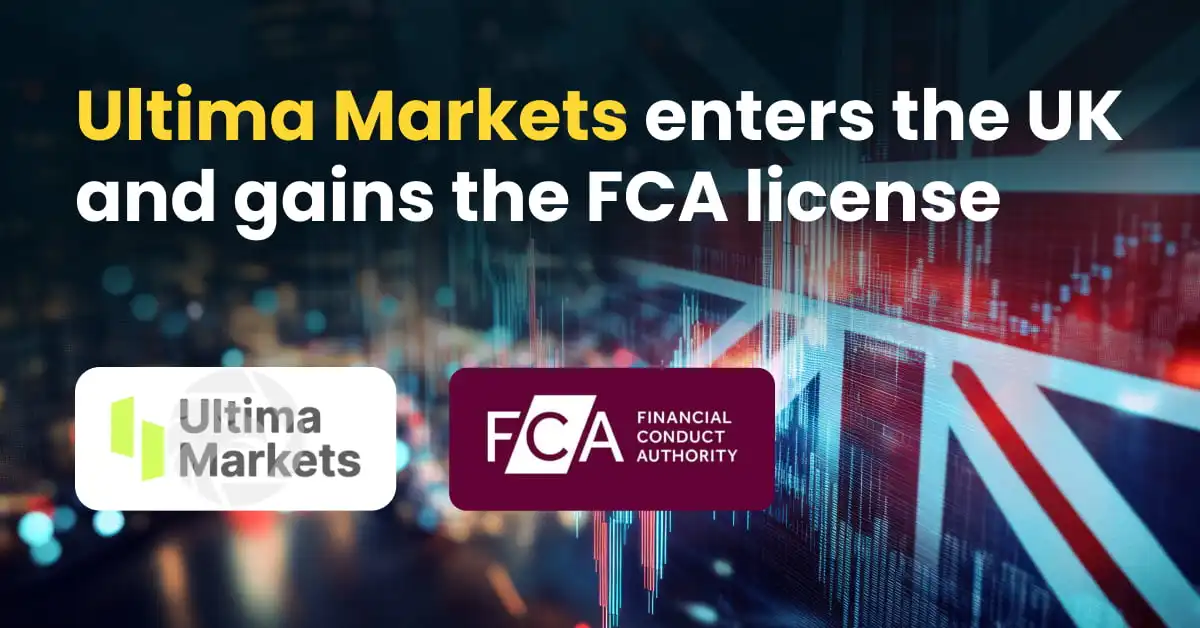
Ultima Markets enters the UK and gains the FCA license
Ultima Markets has secured authorization from the FCA to offer CFDs to retail clients in the United Kingdom, marking its entry into one of the world’s most heavily regulated and competitive markets. According to the FCA register, the trading name “Ultima Markets” was approved on 21 July 2025.
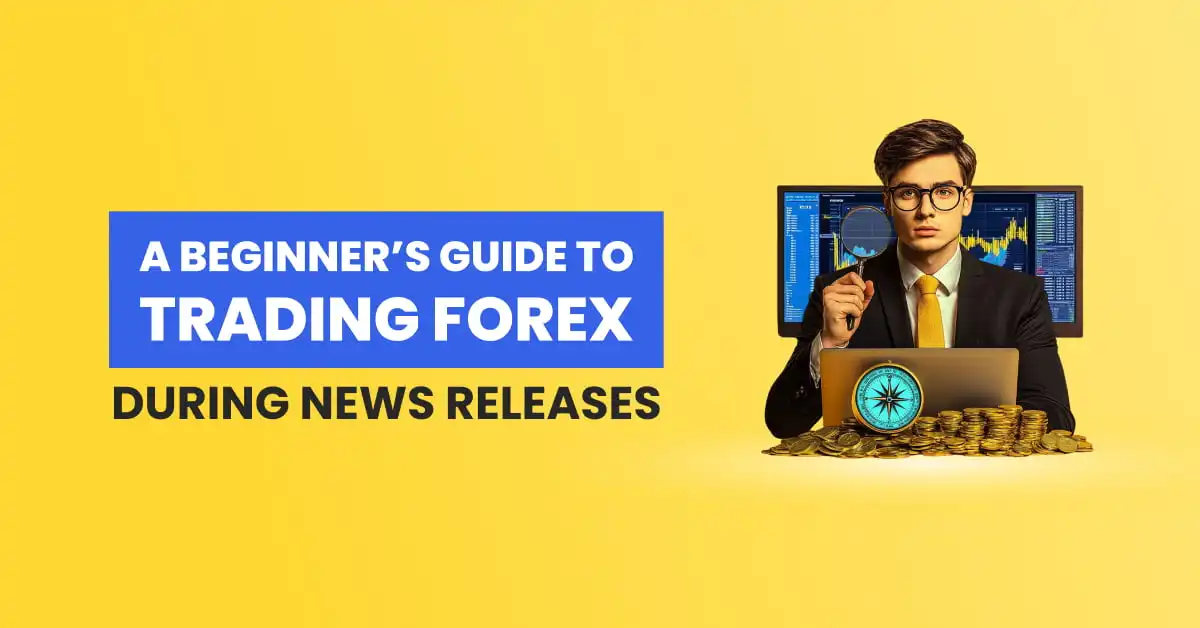
A Beginner’s Guide to Trading Forex During News Releases
In the world of currency trading, few moments offer as much potential or peril as a major news release. For beginner traders looking to make money with forex, understanding how to navigate economic announcements is not just useful, it’s essential.
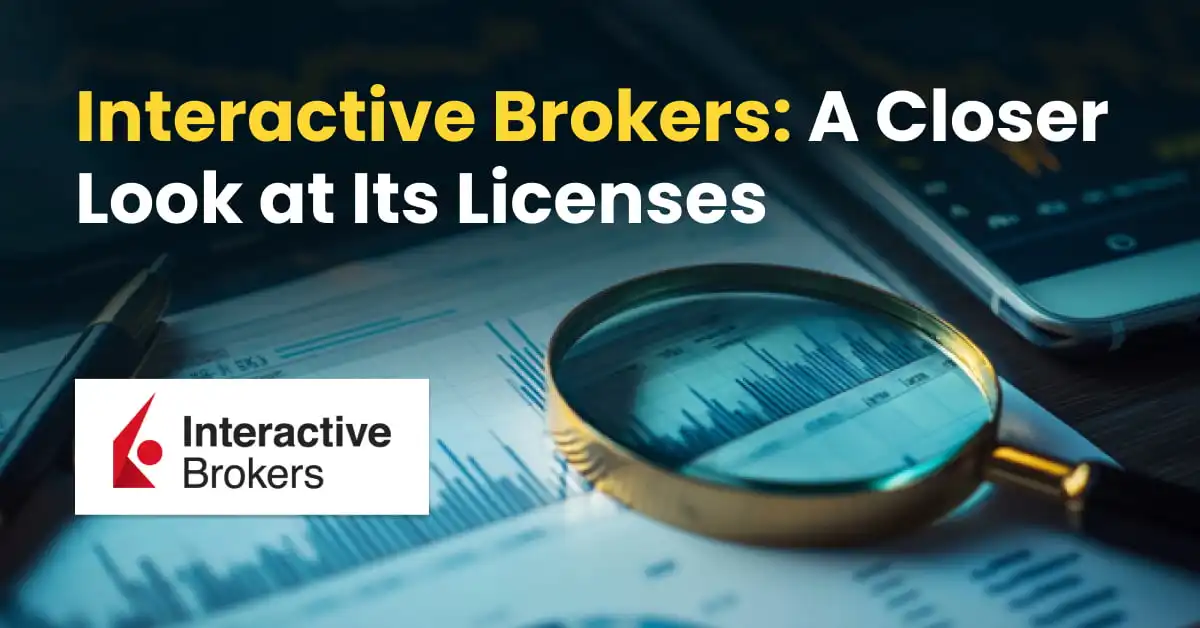
Interactive Brokers: A Closer Look at Its Licenses
When selecting a broker, understanding its regulatory standing is an important part of assessing overall reliability. For traders seeking to protect their capital, ensuring that a platform operates under recognised and stringent oversight can make all the difference. Keep reading to learn more about Interactive Brokers and its licenses.
WikiFX Broker
Latest News
What Is Forex Currency Trading? Explained Simply
LSEG Announces £1 Billion Share Buyback Program
Ultima Markets enters the UK and gains the FCA license
SEC Lawsuit Targets Real Estate Fraud Scheme by Joseph Nantomah
A Beginner’s Guide to Trading Forex During News Releases
ASIC Regulated Forex Brokers: Why Licensing Still Matters in 2025
SkyLine Judge Community: Appreciation Dinner Successfully Held in Malaysia
Think Uncle Sam Owes $37 Trillion? It's Far Worse Than That
Interactive Brokers: A Closer Look at Its Licenses
TradersWay Broker Review 2025: Unregulated Status and Global Warnings You Shouldn’t Ignore
Currency Calculator


